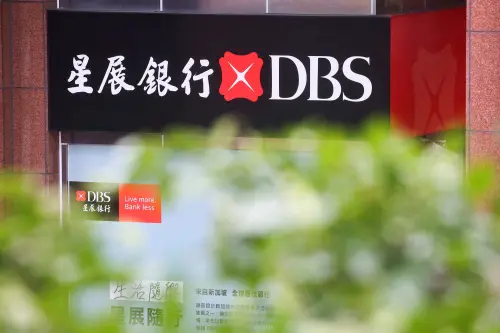DBS Group, Southeast Asia's largest bank by assets, is leading the bid to acquire a controlling stake in Indonesia's Panin Bank, according to sources familiar with the situation. The Singapore-based lender is competing against Malaysia's CIMB Group in the second round of bidding.
Approximately 86% of Panin Bank, Indonesia's twelfth-largest lender, is up for sale. The combined stake owned by Australia's ANZ and the Gunawan family is valued at around $1.8 billion. ANZ has been looking to divest its 39% share since 2013, while the Gunawan family is open to negotiations on the quantity of the sale, depending on the offers received.
Binding bids for the stake are expected by late April or early May, contingent on market conditions, although bidders may alter their strategies as the deadline approaches.
DBS, ANZ, and CIMB have chosen not to comment on the matter. Panin Bank's President Director, Herwidayatmo, directed inquiries to its controlling shareholders.
Should DBS successfully acquire the stake in Panin Bank, it would be the first major deal under the new CEO, who takes office on March 28. The incoming CEO has expressed that DBS is open to strategic acquisitions that create value and are earnings accretive within a reasonable timeframe.
Analysts believe this acquisition could elevate DBS to among the top ten banks in Indonesia, where PT Bank DBS Indonesia operates one head office and 33 additional offices, employing 3,011 people across 15 major cities.
Panin Bank offers a range of financial services, from consumer financing to private wealth management. Singapore's Oversea-Chinese Banking Corp and Japan's Sumitomo Mitsui also previously expressed interest in the sale.
Founded by Mu'min Ali Gunawan in 1971, Panin Bank was listed on the Jakarta stock exchange in 1982. The bank reported a net profit of 2.74 trillion rupiah ($165 million) last year, an increase of 8.2% from the previous year, attributed to rising interest income and reduced provisions for bad debts.
However, Panin Bank's shares have fallen by about 20% this year, in line with broader declines in Indonesian stocks and the rupiah amid investor concerns regarding government policy and fiscal health.
